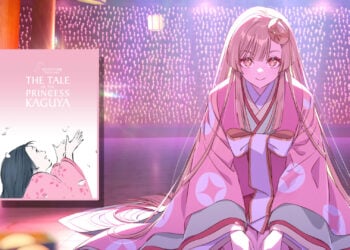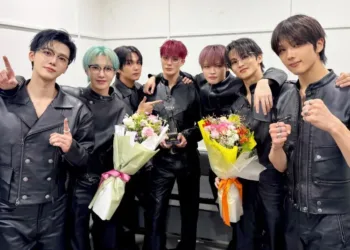In the intricate world of Jujutsu Kaisen, moments of apparent triumph often conceal deeper, more nuanced narratives. Yuji Itadori’s confrontation with Mahito during the Shibuya Incident represents a pivotal moment that has captivated and confused fans in equal measure – a scene that promises profound character development but ultimately falls short of its potential.
Table of Contents
Jujutsu Kaisen Illusion of Heroism: A Critical Examination

The Confrontation: More Than Meets the Eye
At first glance, Yuji’s declaration to Mahito seems like a powerful character moment. Standing over his defeated nemesis, Yuji utters the now-infamous words: “I’m just like you” – a statement that appears to be a moment of self-realization and determination. However, this seemingly heroic declaration masks a more troubling psychological landscape.
The Psychological Deconstruction
What fans often misinterpret as strength is actually a moment of profound self-deprecation. By equating himself to Mahito – a pure embodiment of hatred and destruction – Yuji reduces himself to a mere tool, a weapon designed solely to eliminate curses. This is not character growth, but a dangerous form of self-erasure that undermines his previous moral complexity.
The Narrative Disconnect
The most significant criticism lies not in the moment itself, but in its complete lack of meaningful follow-through. Despite this seemingly transformative scene, Yuji’s subsequent actions in the Culling Games arc show no substantive change. He remains fundamentally the same character, rendering the entire psychological confrontation meaningless.

The Broader Context of Character Development
Gege Akutami’s narrative approach reveals a broader issue within Jujutsu Kaisen. The series consistently introduces potentially profound character moments that ultimately fail to materialize into meaningful character arcs. Yuji’s Shibuya moment becomes a microcosm of this larger storytelling challenge.
The Unresolved Potential
The scene’s true tragedy lies in its unrealized potential. A moment that could have represented a deep exploration of heroism, purpose, and self-identity instead becomes a hollow gesture – a narrative promise left unfulfilled.
The Deeper Narrative: Beyond Surface-Level Heroism
Jujutsu Kaisen challenges viewers to look beyond heroic posturing, revealing the complex psychological landscape of its characters. Yuji’s Shibuya moment is not a triumph, but a nuanced exploration of identity, purpose, and the thin line between heroism and self-destruction.
Boruto: Two Blue Vortex Manga- Why Kawaki’s Path Differs from Naruto’s Classic Redemption Arcs
FAQs
Q1: Why Is the “I’m You” Scene Controversial?
The scene appears powerful but actually represents Yuji reducing himself to a tool, with no subsequent character development to justify its depth.
Q2: Does This Moment Represent Character Growth?
Contrary to popular belief, the scene demonstrates a lack of meaningful character progression, as Yuji’s subsequent actions remain unchanged.








